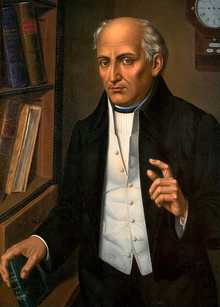Franz Cumont Biography
Franz-Valéry-Marie Cumont (3 January 1868 in Aalst, Belgium – 20 August 1947 in Woluwe-Saint-Pierre near Brussels) was a Belgian archaeologist and historian, a philologist and student of epigraphy, who brought these often isolated specialties to bear on the syncretic mystery religions of Late Antiquity, notably Mithraism. Cumont was a graduate of the University of Ghent (PhD, 1887). After receiving royal travelling fellowships, he undertook archaeology in Pontus and Armenia (published in 1906) and in Syria, but he is best known for his studies on the impact of Eastern mystery religions, particularly Mithraism, on the Roman Empire. Cumont's international credentials were brilliant[citation needed], but his public circumspection was not enough. In 1910, Baron Edouard Descamps, the Catholic[citation needed] Minister of Sciences and Arts at the University of Ghent, refused to approve the faculty's unanimous recommendation[citation needed] of Cumont for the chair in Roman History, Cumont having been a professor there since 1906. There was a vigorous press campaign and student agitation in Cumont's favor[citation needed], because the refusal was seen as blatant religious interference[citation needed] in the University's life. When another candidate was named, in 1912, Cumont resigned his positions at the University and at the Royal Museum in Brussels, left Belgium and henceforth divided his time between Paris and Rome.
Read about Franz Cumont in Wikipedia










